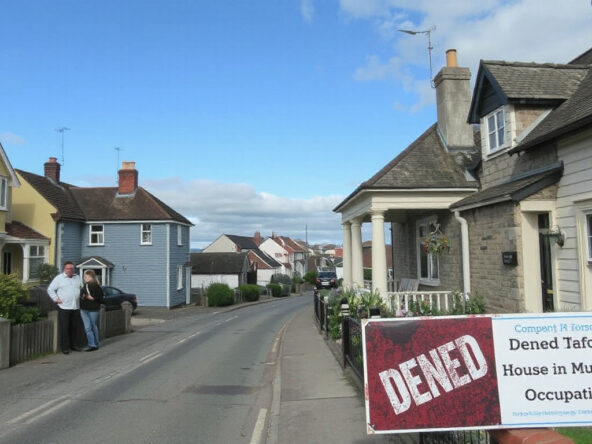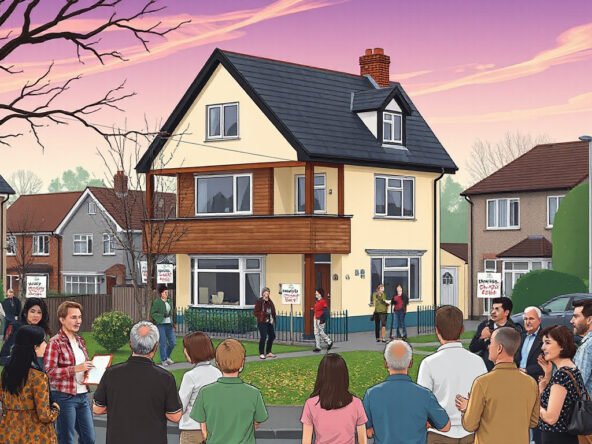The City of Edinburgh Council is moving forward with a critical initiative aimed at relocating homeless individuals from unlicensed temporary accommodations. By the end of November 2024, the council is set to transition hundreds of vulnerable residents currently housed in unlicensed hotels and B&Bs into lawful housing options that adhere to health and safety regulations. This move comes in the wake of concerning legal warnings regarding the safety and legality of the living conditions in these accommodations, which have been temporarily utilized during the COVID-19 pandemic to address the growing demand for housing. With more than 700 households currently residing in 28 properties lacking proper licensing under Houses in Multiple Occupancy (HMOs) regulations, the council’s action underscores the urgent need for safe and compliant housing solutions. Officials have paused new applications for social housing and deferred non-urgent repairs to streamline this critical relocation process, which aims to ensure all affected households are moved to lawful accommodations by early December
2024.
Key Takeaways
- Edinburgh Council aims to relocate over 700 homeless individuals from unlicensed accommodations by early December.
- The move addresses legal concerns regarding health and safety in non-compliant housing properties.
- Transition plans include pausing new social housing applications to focus on finding permanent solutions for affected families.
The Legal and Health Implications of Unlicensed Accommodations
The City of Edinburgh Council has recently taken decisive steps to address the concerning situation surrounding unlicensed temporary accommodations for the homeless. By the end of November, the council aims to relocate over 700 households currently sheltered in 28 properties that do not meet the licensing requirements for Houses in Multiple Occupancy (HMOs). This urgent action stems from the temporary use of hotels and B&Bs during the COVID-19 pandemic, which has led to an unintended legal and health crisis (Edinburgh Evening News, 2024). As it stands, these unlicensed accommodations pose significant risks to safety and wellbeing, thus prompting the council to halt new social housing applications alongside non-urgent repairs, to prioritise the transition of residents into suitable housing options (The Scotsman, 2024). Official estimates reveal a staggering increase in families residing in temporary housing, surging from 3,570 in 2020 to more than 5,000 in 2024, amplifying the urgency of this relocation initiative (BBC News, 2024). These measures include a temporary suspension of council house allocations until January, aimed at efficiently facilitating the move of residents from questionable living conditions to compliant and safer housing environments.
Steps Taken by Edinburgh Council to Ensure Safe Housing
In light of these developments, the Edinburgh Council has implemented a robust support framework intended to assist those impacted by the relocation process. This initiative includes the provision of financial assistance for moving expenses, as well as dedicated support services to help individuals secure permanent housing options (The Herald, 2024). Additionally, the council is collaborating with local charities and housing organizations to enhance the availability of suitable accommodations and provide ongoing counselling to families facing homelessness. This holistic approach aims to ensure that the transition is not only swift but also as smooth as possible, thereby addressing the psychological and emotional impact of housing instability (Edinburgh Live, 2024). Furthermore, council representatives have emphasized the importance of transparency throughout this process, committing to regular updates for both residents and the wider community regarding progress and any changes to housing policies that could arise in the near future (Scotsman, 2024). The goal is to foster a more resilient housing strategy that not only mitigates current issues but also prepares for future demands.




